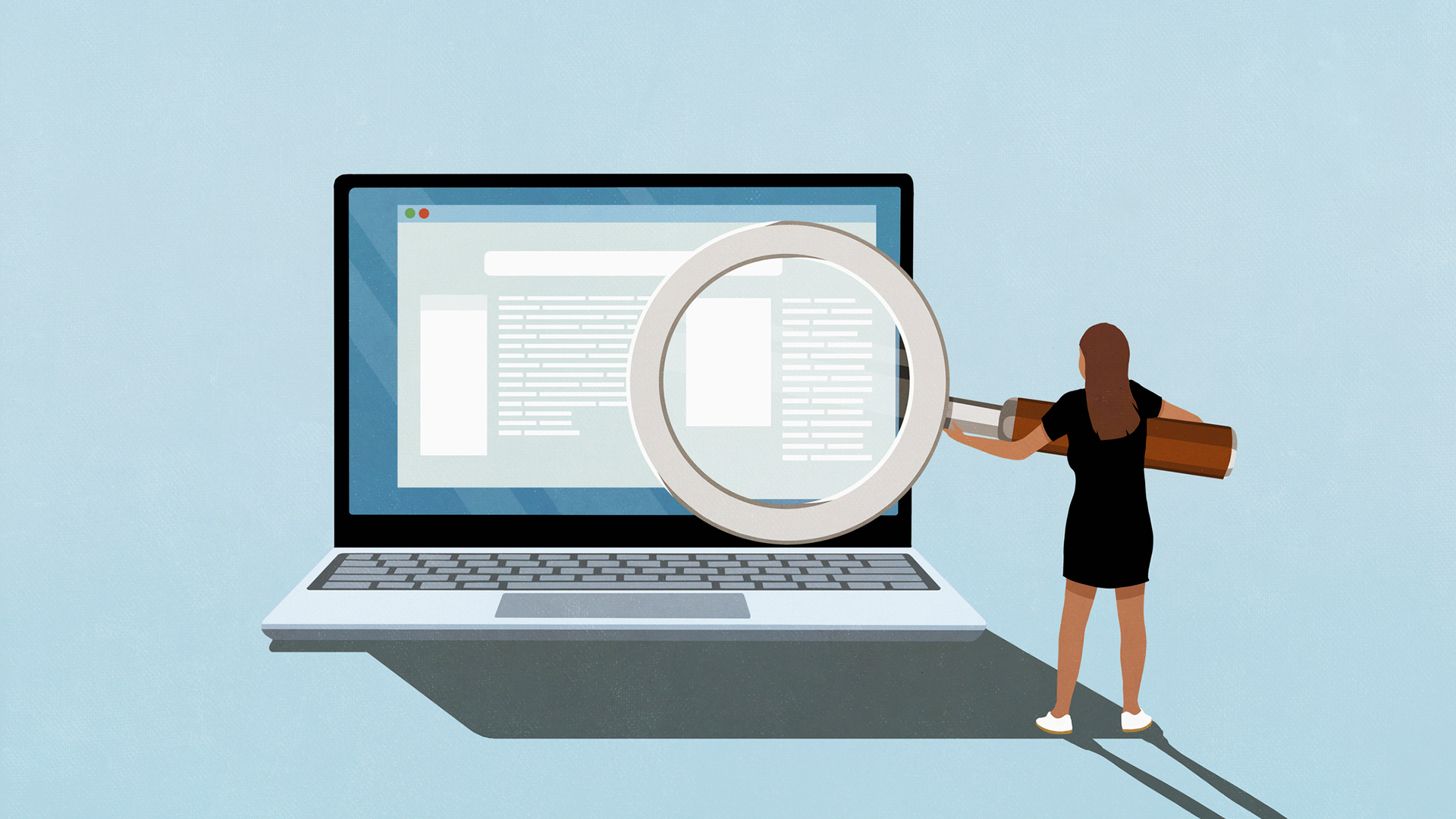IT industry must unite to protect environment
Companies must consider the indirect as well as the direct impact of the products that they create, according to a leading environmentalist.


Sign up today and you will receive a free copy of our Future Focus 2025 report - the leading guidance on AI, cybersecurity and other IT challenges as per 700+ senior executives
You are now subscribed
Your newsletter sign-up was successful
IT industry players must unite to tackle environmental challenges, but they must also be less blinkered about the indirect and systems impacts of their products.
So says Dr. Peter Arnfalk, of the International Institute for Industrial Environmental Economics (IIIEE) at Lund University, who believes that while companies have managed to make great strides in managing the direct lifecycles of their creations, they also need to be more mindful of the usage habits and changes in working practices these technologies deliver and their knock-on effect on the environment.
Speaking at a Dell mobility event in Paris today, he said: "It's really important what the industry is doing looking at the lifecycle of products from cradle to grave, but what happens when users are using computers, personal digital assistants (PDAs) and telephones?"
He added that there is also a systems element in terms of how the emergence of these technologies changes working practices and potentially transfers the impact elsewhere. For example, someone saving energy in one way might use the money saved to build a sauna which would negate the original savings.
"But it's a difficult and time consuming job to go through up and downstream of products to find out the environmental impact and minimise it. When it comes to indirect effects our knowledge is even less and when it comes to the systems effects it become really tricky. We have a dilemma here as the overall impact on society is much larger when it comes to indirect and systems effects."
As a greater volume of users become more mobile and less office-based, the pressure for tech players to step up their game becomes even greater, Arnfalk said, quoting research that suggests around 80 per cent of the UK workforce are likely to conform to much more flexible working practices by 2020.
Arnfalk's final words were aimed at encouraging industry figures not just to work on their own efforts, but to also join forces with others.
Sign up today and you will receive a free copy of our Future Focus 2025 report - the leading guidance on AI, cybersecurity and other IT challenges as per 700+ senior executives
"You cannot do this on your own," he said. "Co-operate with policy makers and other stakeholders. It will move towards a more sustainable future if we work together on this."
"...Do not leave the good work you're doing in minimising the impact of your own products, but help us with this kind of work as you are designing these products and services and have a tremendous impact on the way they can and will be used. Also support your users in doing so and see the business opportunity in this as sustainability is definitely a business opportunity and will be increasingly so."
Maggie has been a journalist since 1999, starting her career as an editorial assistant on then-weekly magazine Computing, before working her way up to senior reporter level. In 2006, just weeks before ITPro was launched, Maggie joined Dennis Publishing as a reporter. Having worked her way up to editor of ITPro, she was appointed group editor of CloudPro and ITPro in April 2012. She became the editorial director and took responsibility for ChannelPro, in 2016.
Her areas of particular interest, aside from cloud, include management and C-level issues, the business value of technology, green and environmental issues and careers to name but a few.
-
 Agile methodology might be turning 25, but it’s withstood the test of time
Agile methodology might be turning 25, but it’s withstood the test of timeNews While Agile development practices are 25 years old, the longevity of the approach is testament to its impact – and it's once again in the spotlight in the age of generative AI.
-
 Will a generative engine optimization manager be your next big hire?
Will a generative engine optimization manager be your next big hire?In-depth Generative AI is transforming online search and companies are recruiting to improve how they appear in chatbot answers
